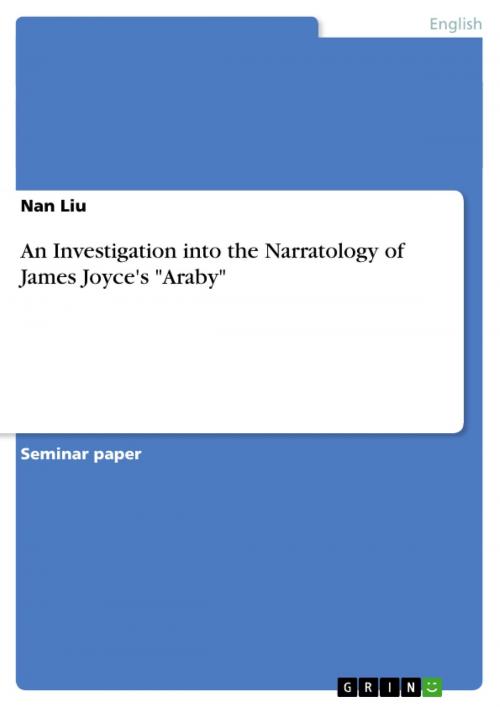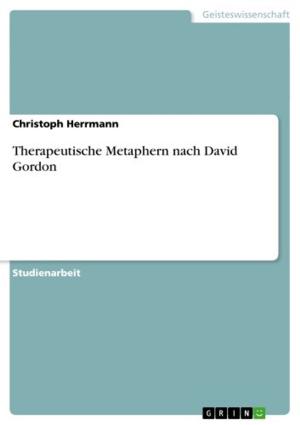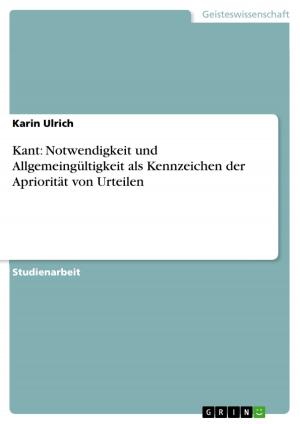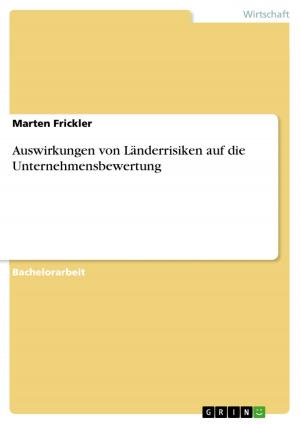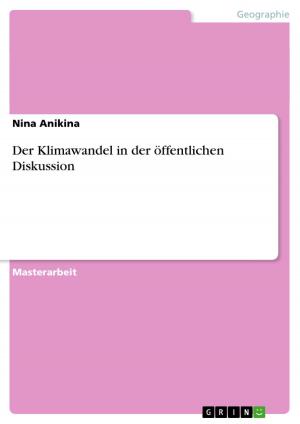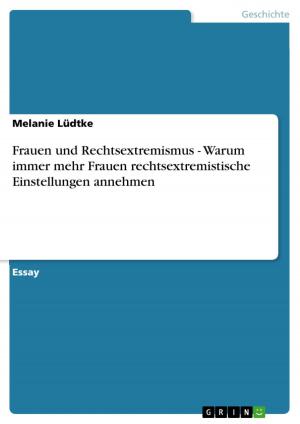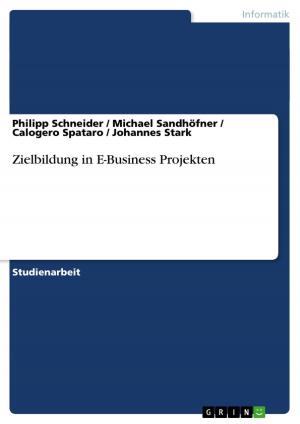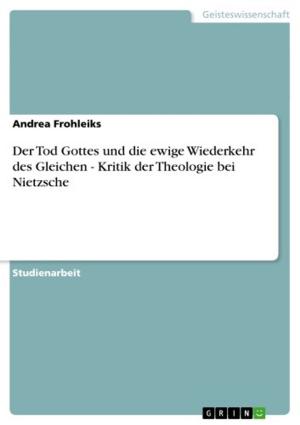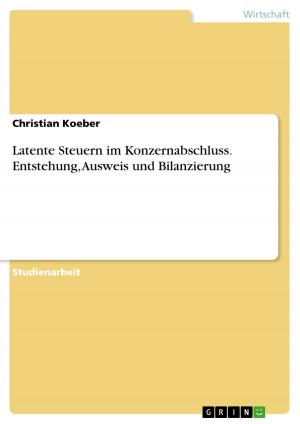An Investigation into the Narratology of James Joyce's 'Araby'
Fiction & Literature, Literary Theory & Criticism, British| Author: | Nan Liu | ISBN: | 9783656765776 |
| Publisher: | GRIN Verlag | Publication: | October 9, 2014 |
| Imprint: | GRIN Verlag | Language: | English |
| Author: | Nan Liu |
| ISBN: | 9783656765776 |
| Publisher: | GRIN Verlag |
| Publication: | October 9, 2014 |
| Imprint: | GRIN Verlag |
| Language: | English |
Seminar paper from the year 2014 in the subject English Language and Literature Studies - Literature, grade: 1,3, Ruhr-University of Bochum (Englisches Seminar), course: Introduction to Narratological Key Concepts, language: English, abstract: Etymologically, narratology is a theory of narrative. Due to the popularization of the term by structuralist critics such as Gérard Genette and Mieke Bal in the 1970s, 'the definition of narratology has usually been restricted to structural, or more specifically structuralist, analysis of narrative'. But in the 1980s and 1990s, the early structuralist analysis was to some extent neglected by poststructuralists. On one hand, they were 'against the scientific and taxonomic pretensions of structuralist narratology'; on the other hand, they 'open up new lines of development for narratology in gender studies, psychoanalysis, readerresponse criticism and ideological critique'. Now, narratology reverts to 'the original structuralist core of the discipline'. Dubliners is a collection of fifteen short stories which depict Irish people of middle- and lowerclass in the early twentieth century. As James Joyce said, 'my intention was to write a chapter of the moral history of my country and I chose Dublin for the scene because that city seemed to me the centre of paralysis. [...] I seriously believe that you will retard the course of civilization in Ireland by preventing the Irish people from having one good look at themselves in my nicely polished lookingglass'. Joyce makes use of 'great skill both of observation and of technique' to present us an Irish society. According to Gerald Gould, 'he [Joyce] has an original outlook, a special method, a complete reliance on his own powers of delineation and presentment'. Through the exploration into Joyce's narratological techniques in Dubliners, we will have a better understanding of the series. Based on this hypothesis, I will divide my term paper into three parts. First, I will build the theoretical framework. Three aspects are to be focused on: narrative, narrator, and point of view. Then I will analyze 'Araby' - one of fifteen short stories in Dubliners, in terms of narrator and point of view, and illustrate how these narrative techniques contribute to emphasis of the paralysis and epiphany. Last but not least, I will make a comprehensive conclusion about my investigation of the narratology of 'Araby'.
Seminar paper from the year 2014 in the subject English Language and Literature Studies - Literature, grade: 1,3, Ruhr-University of Bochum (Englisches Seminar), course: Introduction to Narratological Key Concepts, language: English, abstract: Etymologically, narratology is a theory of narrative. Due to the popularization of the term by structuralist critics such as Gérard Genette and Mieke Bal in the 1970s, 'the definition of narratology has usually been restricted to structural, or more specifically structuralist, analysis of narrative'. But in the 1980s and 1990s, the early structuralist analysis was to some extent neglected by poststructuralists. On one hand, they were 'against the scientific and taxonomic pretensions of structuralist narratology'; on the other hand, they 'open up new lines of development for narratology in gender studies, psychoanalysis, readerresponse criticism and ideological critique'. Now, narratology reverts to 'the original structuralist core of the discipline'. Dubliners is a collection of fifteen short stories which depict Irish people of middle- and lowerclass in the early twentieth century. As James Joyce said, 'my intention was to write a chapter of the moral history of my country and I chose Dublin for the scene because that city seemed to me the centre of paralysis. [...] I seriously believe that you will retard the course of civilization in Ireland by preventing the Irish people from having one good look at themselves in my nicely polished lookingglass'. Joyce makes use of 'great skill both of observation and of technique' to present us an Irish society. According to Gerald Gould, 'he [Joyce] has an original outlook, a special method, a complete reliance on his own powers of delineation and presentment'. Through the exploration into Joyce's narratological techniques in Dubliners, we will have a better understanding of the series. Based on this hypothesis, I will divide my term paper into three parts. First, I will build the theoretical framework. Three aspects are to be focused on: narrative, narrator, and point of view. Then I will analyze 'Araby' - one of fifteen short stories in Dubliners, in terms of narrator and point of view, and illustrate how these narrative techniques contribute to emphasis of the paralysis and epiphany. Last but not least, I will make a comprehensive conclusion about my investigation of the narratology of 'Araby'.
